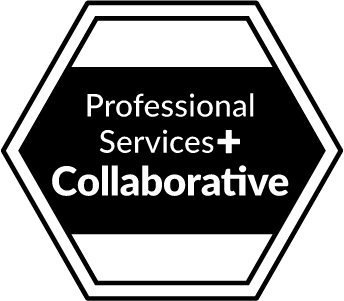Starting a business involves a significant amount of planning, research, and preparatory work, which often comes with a price tag. However, when it comes to the tax treatment of these costs, things can get a bit unclear.
Are these expenses deductible before your business officially launches? And how does it change if your idea never gets off the ground?
To help answer these questions, let’s take a closer look at the tax rules and a recent court case that sheds light on the subject.
Section 162: deductibility of business expenses
Section 162 of the Internal Revenue Code (IRC) is key to understanding what business expenses you can deduct. It allows you to write off “ordinary and necessary” expenses related to running your business. But those terms have been the subject of much debate (and litigation).
In this context, “ordinary” doesn’t necessarily mean frequent or common. An expense can be ordinary even if it only occurs once in a particular taxpayer’s lifetime. Most courts have held that the provision refers to expenses that are normal or customary in a particular trade. Likewise, “necessary” generally implies that a specific expense is appropriate and helpful for a business’s development.
However, the plain language of Section 162 indicates that businesses must already be up and running for an expense to be deductible. So, what does that mean for costs incurred pre-startup?
Section 195: deductibility of pre-startup costs
Costs incurred before the official launch of a business might be deductible under Section 195 of the IRC. Congress introduced this provision to help business owners recover these early expenses. For businesses starting in 2024, you can deduct up to $5,000 of pre-startup costs, provided total startup costs are less than $50,000.
Once startup costs exceed $50,000, your first-year deduction is reduced dollar-for-dollar. Any remaining costs beyond the first-year deduction must be amortized over 180 months, starting the month the business begins.
To qualify as startup costs, expenses must be related to investigating or creating a business and be costs that could generally be deducted if the business were already operating. These can include things like market surveys, advertisements, or salaries for training employees. Capital expenses like buildings, vehicles, and equipment are treated separately for tax purposes.
Eason v. Commissioner: determining when a business starts
Understanding when a business officially begins operations is necessary for deducting both pre-startup costs and ongoing business expenses. However, the line between preparatory efforts and active operations can be difficult to define. A recent court case highlights this ambiguity.
In Eason v. Commissioner, Eason spent over $40,000 on real estate investment courses and formed a corporation with the intent to provide real estate guidance. Despite these efforts, the business failed to generate income by the end of the year. Nevertheless, Eason treated the costs as deductible pre-startup expenses on his tax return.
The IRS denied the deductions, sparking litigation. Their main argument was that Eason’s expenses were not deductible since the business hadn’t truly become operational. Although Eason set up a corporation, attended courses, and printed business cards and other stationery, the court found no evidence that he actually started providing services or generating income by the year-end. Without this evidence, the business couldn’t be considered operational as required under Sections 162 and 195.
The case illustrates that simply forming a business entity and taking preparatory steps aren’t enough. There must be a real attempt to offer services or generate revenue to meet the IRS’s standards. Even then, the IRS could argue that the business is more of a hobby than a legitimate business if it doesn’t show consistent efforts to operate.
Things to keep in mind when deducting pre-startup costs
The deductibility of pre-startup costs is a complex area of tax law that requires careful consideration. Here are some practical steps you should keep in mind:
-
Document everything: keep thorough records of all expenses and actions taken to launch the business.
-
Know the criteria: some pre-startup costs may be deductible once your business begins, but they must meet specific criteria.
-
Hobby vs. business: be cautious that your venture doesn’t appear more like a hobby, which would limit deductions.
-
Consult a CPA: a CPA can ensure compliance with IRS regulations, help maximize deductions, and strategically balance your costs to align with your long-term business goals.
Starting a business is challenging, and making the right choices can have a big impact on your tax savings. To ensure you’re maximizing deductions while staying compliant, it’s wise to consult an experienced CPA. If you’d like help navigating business tax laws and making informed decisions that align with your long-term goals, please contact our office.


